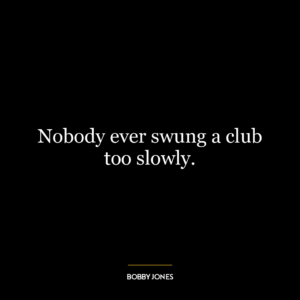Some people think they are concentrating when they’re merely worrying.
This quote suggests that there is a common confusion between the act of concentrating and worrying. Concentrating usually involves focusing one’s mental efforts towards understanding or solving a problem, while worrying is an anxious preoccupation with potential problems or dangers. The quote implies that some people may believe they are deeply focused on a task or problem when, in reality, they are simply consumed by worry or anxiety about it.
This confusion can be detrimental as it hampers productivity and problem-solving. When we worry, we focus on the negative outcomes, which can create a cycle of anxiety and stress, leaving little room for constructive thought or creativity. On the other hand, true concentration allows us to engage fully with the task at hand, promoting critical thinking and efficient problem-solving.
In today’s fast-paced world, this idea is especially relevant. Many of us are constantly juggling multiple tasks and responsibilities, which can lead to high stress levels and anxiety. It’s easy to fall into the trap of mistaking our worry for concentration. For example, we might spend hours anxiously thinking about a work project, believing we are making progress, when in fact we are just worrying about potential failures or problems.
In terms of personal development, understanding the difference between concentration and worry can be a powerful tool. It can help us to manage our time and mental resources more effectively, reducing stress and increasing productivity. When we catch ourselves worrying, we can take steps to return our focus to the task at hand, such as using mindfulness techniques or breaking the task down into manageable steps. This not only helps us to achieve our goals but also promotes mental well-being.







